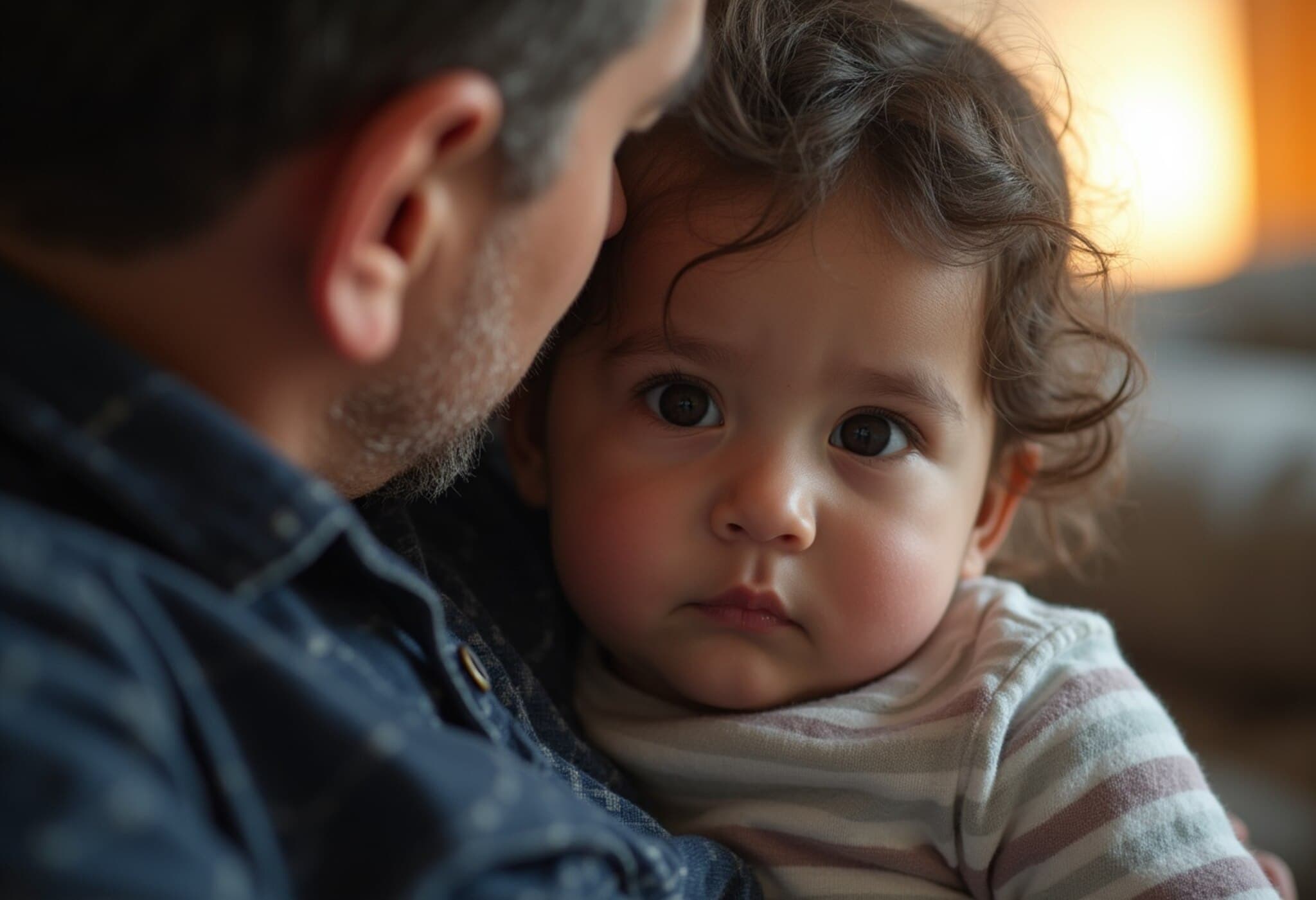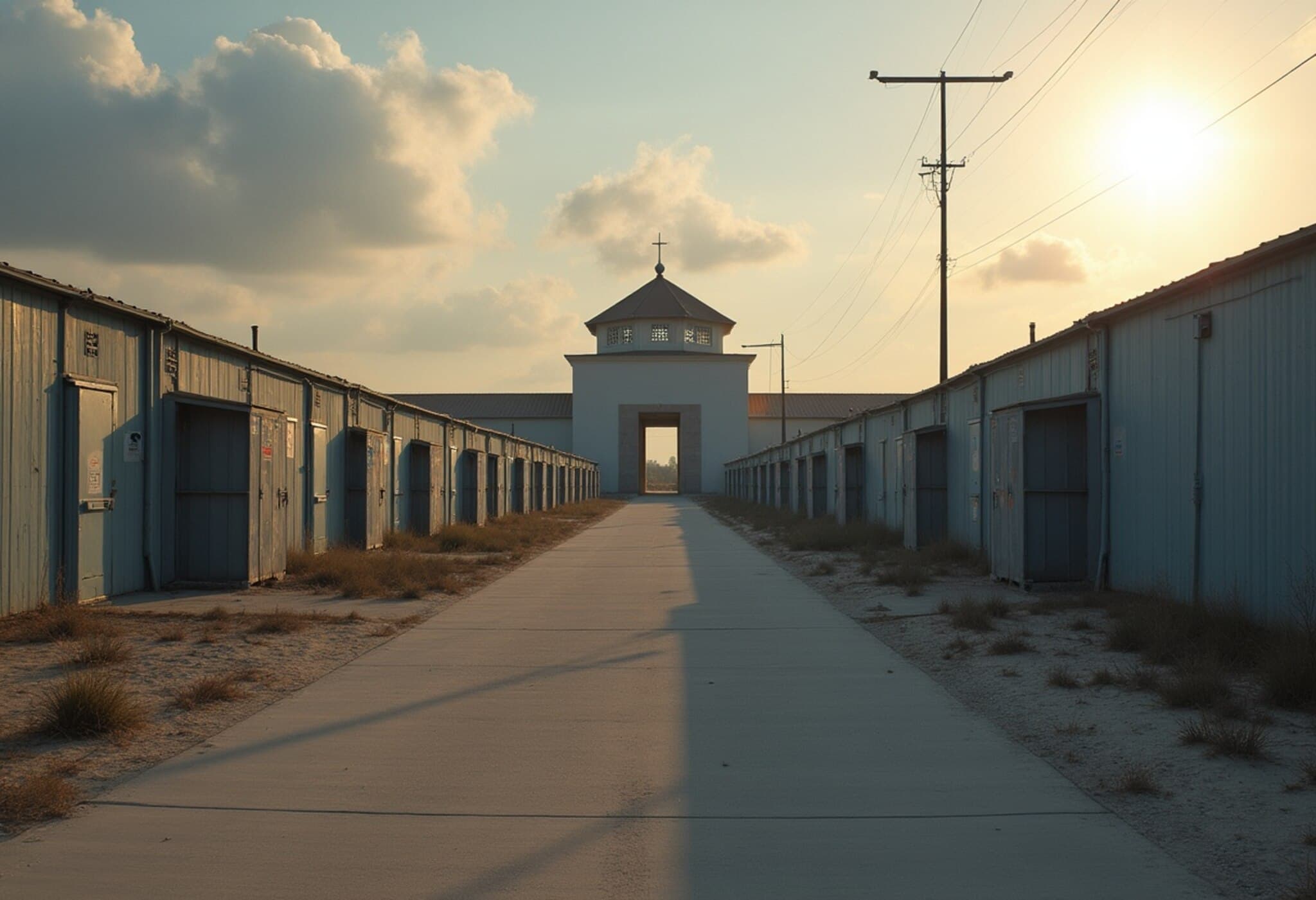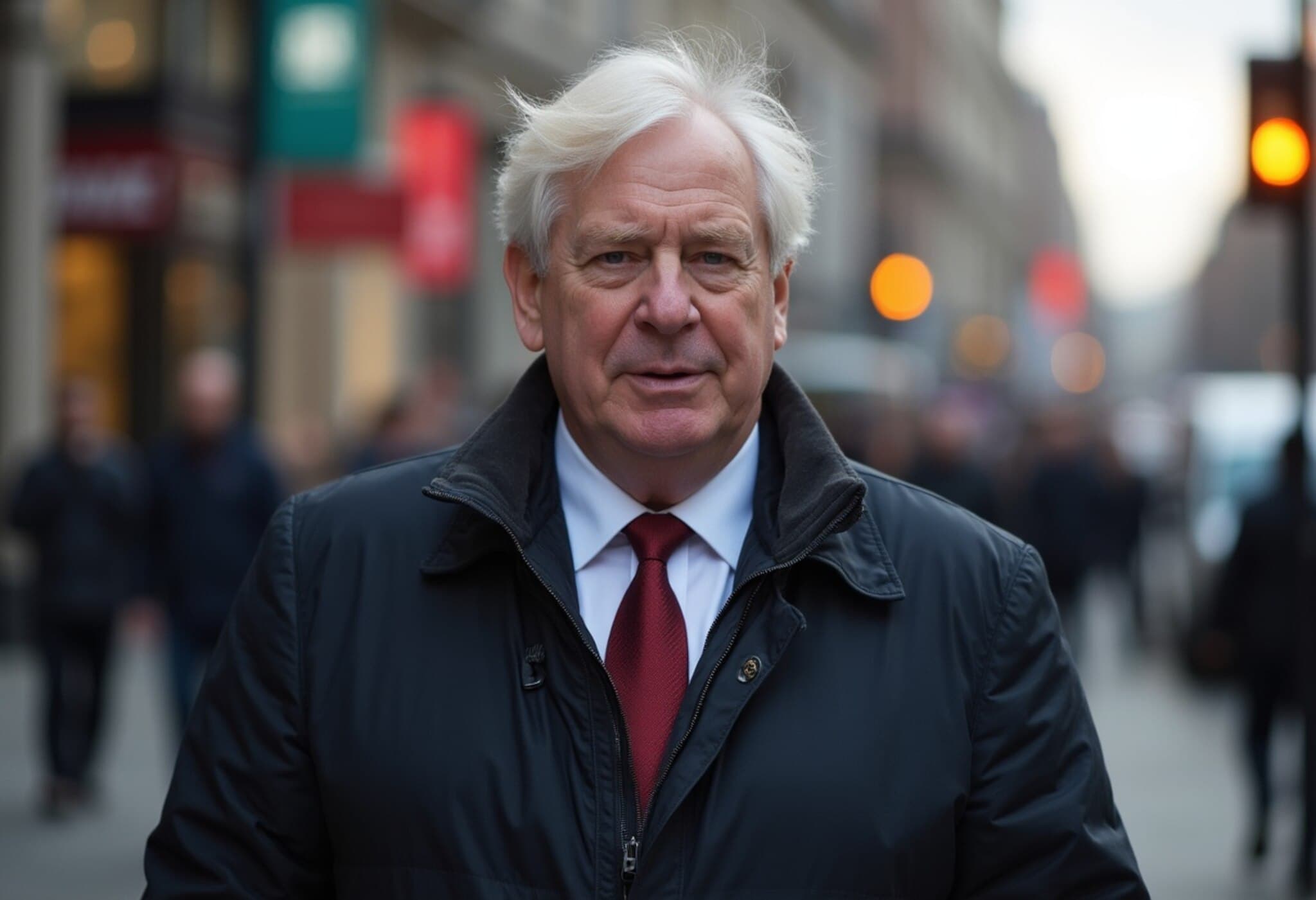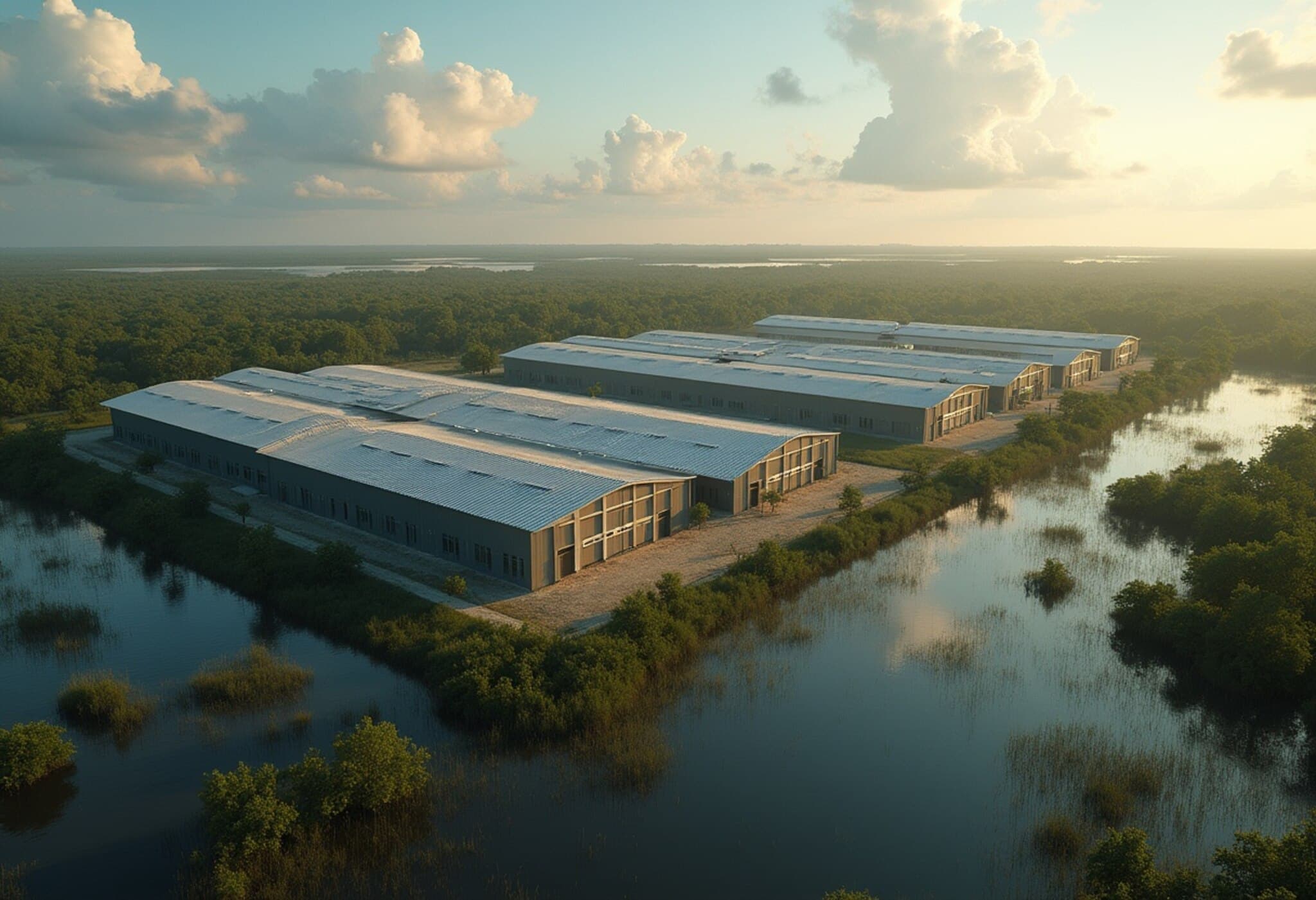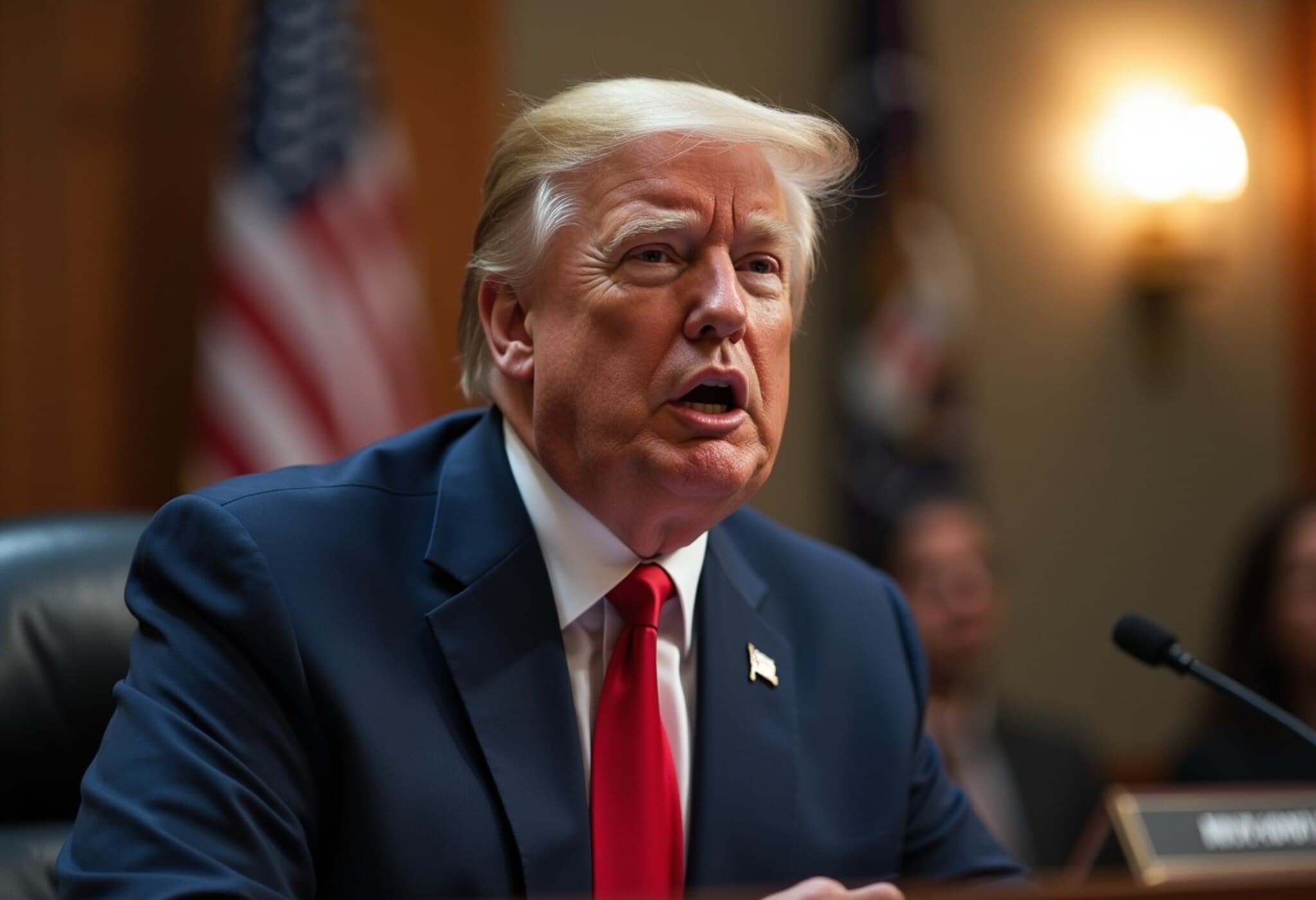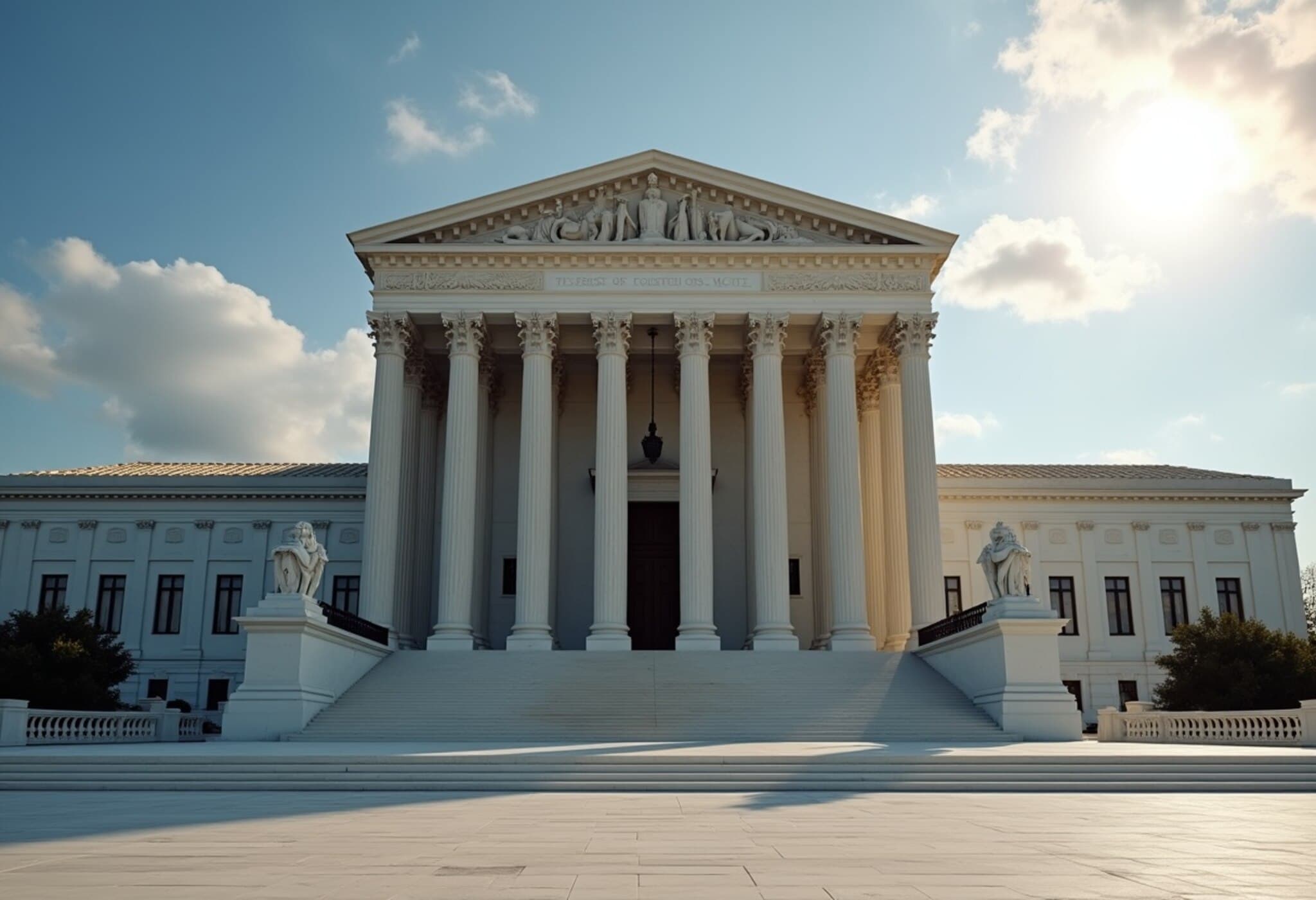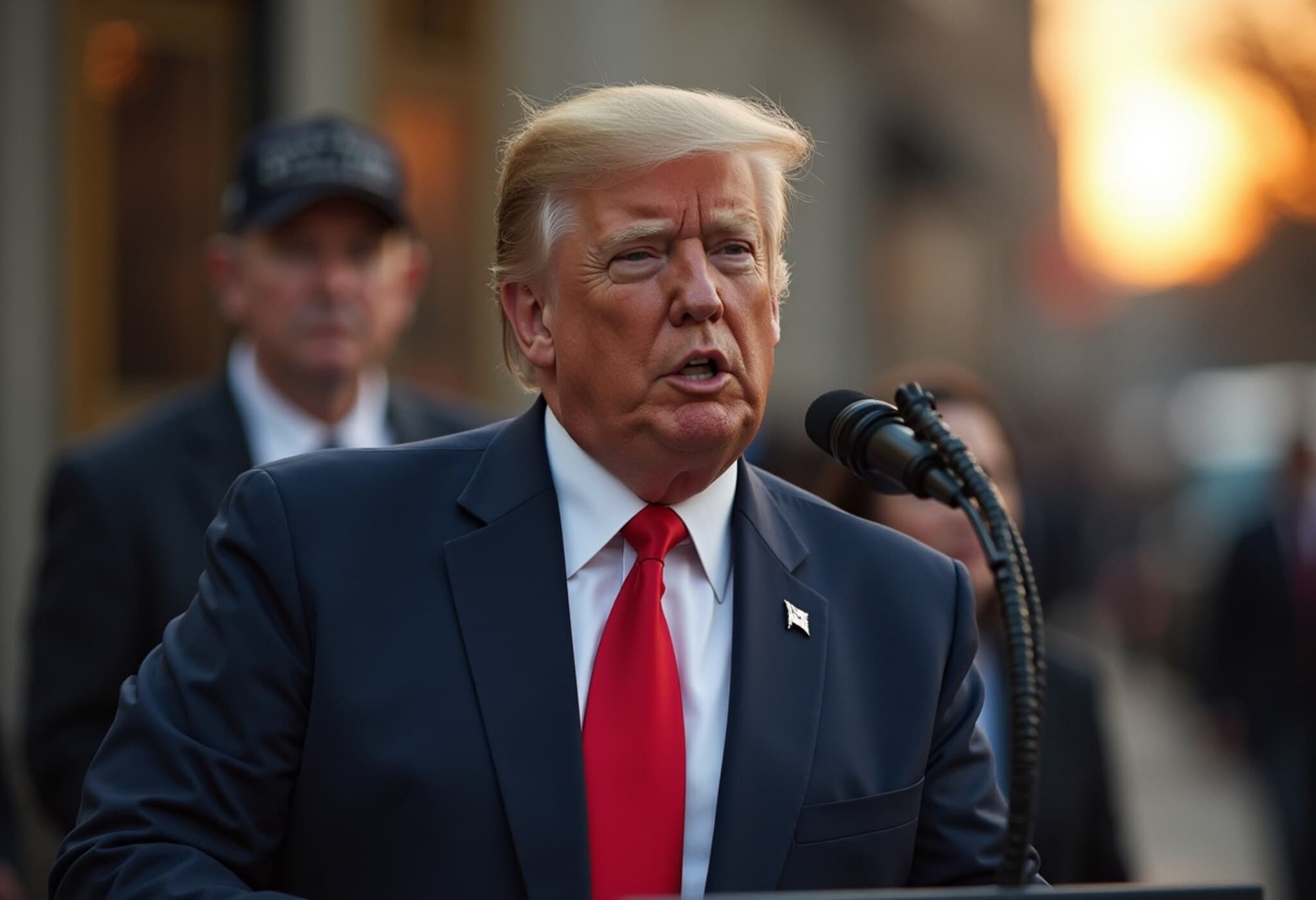New Hampshire Judge Temporarily Halts Trump’s Controversial Birthright Citizenship Order
In a significant legal pushback against President Donald Trump’s executive order aimed at ending birthright citizenship, a federal judge in New Hampshire has issued a preliminary injunction, calling the administration’s move “lawless, unconstitutional, and cruel.” The ruling represents a pivotal moment in one of the most heated immigration policy debates in recent U.S. history.
Judge LaPlante’s Ruling: Protecting Constitutional Guarantees and Families
On Thursday, Judge Joseph LaPlante announced that he would certify a class-action lawsuit encompassing children who stand to be directly affected by the executive order. The injunction temporarily halts the order’s enforcement and opens a seven-day window for the federal government to appeal.
Notably, the court refined the class definition slightly, excluding parents, focusing instead on protecting the citizenship rights of children born on U.S. soil. The lawsuit itself was initiated by the American Civil Liberties Union (ACLU) and advocates representing vulnerable families — including a pregnant asylum seeker and parents with newly born children.
The Constitutional Heart of the Conflict: The 14th Amendment
The executive order challenges a century-old constitutional anchor: the 14th Amendment, which guarantees citizenship to “All persons born or naturalized in the United States and subject to the jurisdiction thereof.” Trump’s administration contends that children born to undocumented immigrants or individuals here on temporary visas fall outside this protection, arguing the phrase “subject to the jurisdiction thereof” excludes them.
This stance marks a stark departure from the historically broad and inclusive interpretation maintained by courts for over 100 years. The government further claims that automatic birthright citizenship incentivizes illegal immigration, purportedly threatening national security and sovereignty.
Legal Experts Weigh In: A Complex Intersection of Law and Policy
Judge LaPlante acknowledged the government’s arguments were not without merit but ultimately found them unpersuasive. “This was not a close call,” the judge stated emphatically, highlighting the “clear and irreparable harm” that revoking citizenship would impose on affected children.
Cody Wofsy, an attorney representing the plaintiffs, welcomed the decision as an important safeguard. “This ruling protects every child nationwide from this lawless and unconstitutional executive order,” he said, emphasizing the relief it brings to families left in fear and uncertainty.
Broader Context: The Ongoing Battle Over Birthright Citizenship
The New Hampshire case coincides with multiple lawsuits challenging the executive order across the country. Although several federal judges previously issued nationwide injunctions, the U.S. Supreme Court’s recent June ruling limited these protections, setting a 30-day period for reconsideration by lower courts. The New Hampshire ruling reflects a swift and coordinated legal response to preserve the constitutional rights of children born on U.S. soil.
In Washington State, the 9th Circuit Court of Appeals has requested clarifications following the Supreme Court’s decision, while legal advocates caution the public against panic. CASA’s legal director, Ama Frimpong, urged calm, stating there is no immediate need for families to relocate or take drastic measures, as multiple legal pathways remain active.
Human Stories at the Center of the Legal Battle
- A Honduran asylum seeker expecting her fourth child shared fears of living in hiding and the risk of family separation, citing violent gang threats that forced her migration.
- A Brazilian father residing in Florida emphasized that his U.S.-born child deserves citizenship and the stability it offers, as they seek permanent legal status through family sponsorship.
These personal narratives underscore the profound human stakes behind abstract legal debates, highlighting citizenship as more than a legal status but a vital foundation for security, identity, and future opportunity.
What This Means for American Immigration Policy
This legal confrontation strips back to fundamental questions about the nation’s identity and constitutional promises. Birthright citizenship has served as a bedrock principle reflecting America’s commitment to inclusion, equality, and opportunity.
Reversing such a principle would ripple through immigration policy, potentially complicating the lives of millions and raising unprecedented legal challenges involving the rights of children born in the U.S. but whose parents are undocumented or temporary residents. Moreover, the socio-political consequences could exacerbate divisions and uncertainty among immigrant communities.
While the courts continue to grapple with these issues, the debate spotlights an urgent need for comprehensive immigration reform — balancing border security with respect for constitutional protections and human dignity.
Editor’s Note
This ongoing legal drama is more than a constitutional tussle; it echoes the human realities of families caught between policy and protection. As courts weigh the fate of birthright citizenship, readers are invited to consider the broader implications for American values, immigrant rights, and the unbreakable bond between law and life. How should the U.S. reconcile national sovereignty concerns with its foundational constitutional guarantees? And at what cost to children who have known no country but this one?

